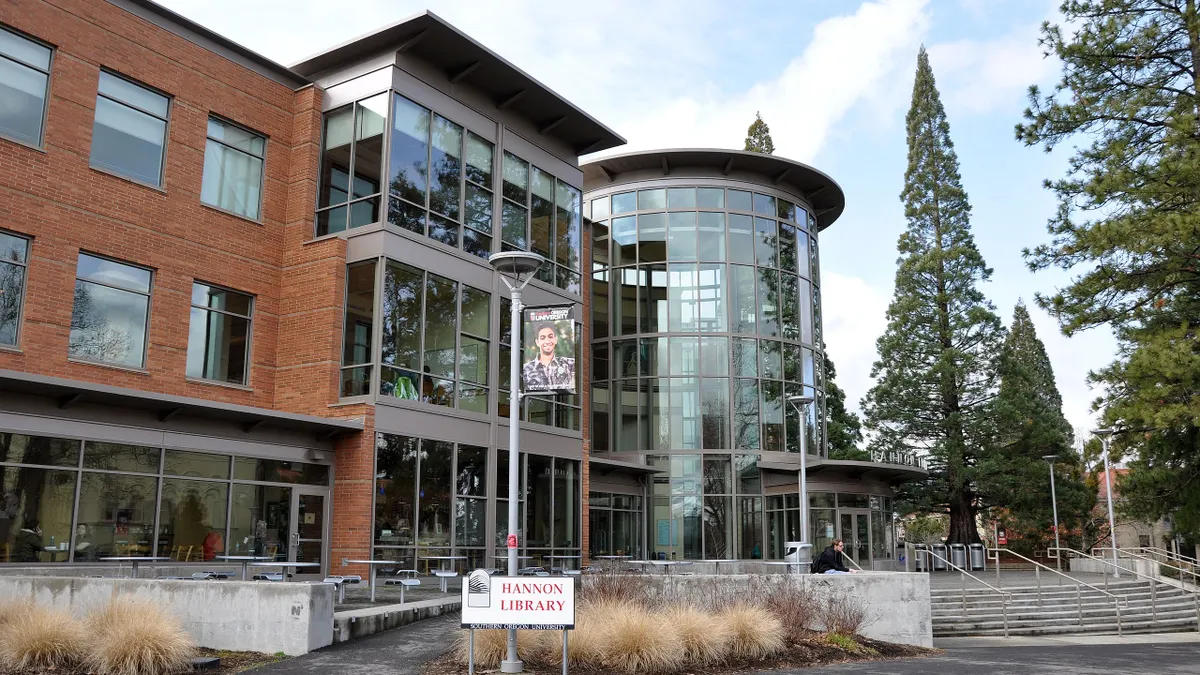Dive Brief:
- Growth in online programs is expected to drive gains in the boot camp sector this year, according to an annual survey from Course Report about the market for non-college boot camps.
- More than 23,000 graduates across 110 boot camp providers are expected for 2019, a figure that is up 50% year-over-year. Online programs are expected to grow at more than three times that pace to reach 5,519 graduates in 2019 across 14 providers. Course Report counts only full-time, synchronous programs toward its online tally.
- Boot camps are increasingly looking to companies and colleges as partners, with the latter often including credit-bearing options, Liz Eggleston, co-founder of Course Report, told Education Dive in an interview.
Dive Insight:
"Universities are seeing the opportunity to reach new types of students through partnerships with boot camps, and boot camps get that legitimacy of working with a university through those partnerships as well," Eggleston said.
Several recent partnerships show the different ways colleges and boot camps are working together.
Dominican University of California is teaming up with the San Francisco-based Make School to offer a computer science minor for its own students in exchange for letting the coding school use its accreditation pathway to offer a bachelor's degree.
The university's president, Mary Marcy, told Education Dive in May that more small colleges are likely to consider such a partnership for its ability to "augment their current offerings without the three-to-five-year start-up and millions of dollars of upfront investment."
Yale University is working with the Flatiron School to offer its students a 10-week, two-credit web development course this summer. And Cal Poly San Luis Obispo became Fullstack Academy's first university partnership with a 26-week, part-time online coding boot camp through its extension school launching this fall.
Colleges are also developing boot camps separate from consumer brands. Trilogy Education has been a key player in that expansion, with the latest additions to its lineup including noncredit programs for working professionals in the Baltimore and Indianapolis areas through Johns Hopkins and Butler universities, respectively.
2U's acquisition of Trilogy earlier this summer raised the possibility that the latter's boot camps would be integrated more widely into higher ed curriculum as well as expanded online. To start, the pair is offering a coding boot camp course for an online MBA from the University of North Carolina at Chapel Hill offered through 2U.
The extent of the impact the boot camp model will have on higher ed is based on several factors, explains a recent report from the Clayton Christensen Institute. Among them is the potential for a massive expansion if Title IV funding becomes more widely available. Employer interest in subsidizing such training for their workers as well as demand for the model beyond the tech sector could also play a role.














